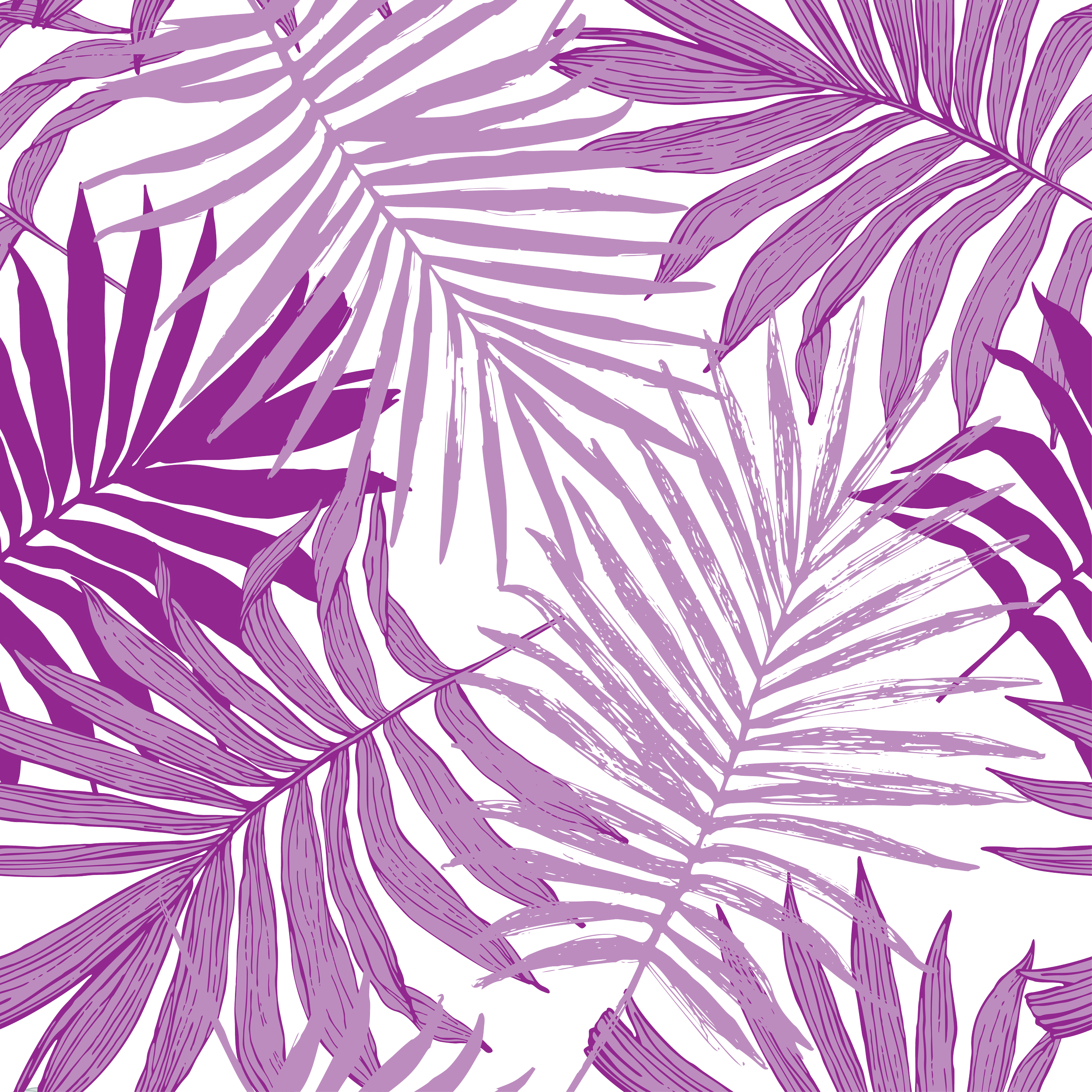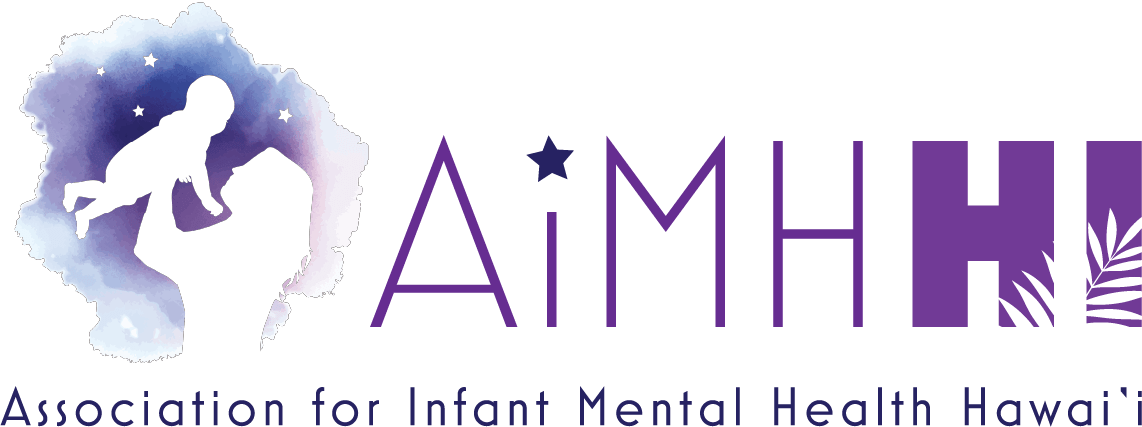
Maui No Ka Oi - IECMH Resources
Aloha AIMH HI Neighborhood,
AIMH HI sends our aloha and prayers to our Maui friends, colleagues and partners, but most of all the families and keiki that have been impacted by the wildfire and its destruction.
AIMH HI will continue to support the Infant and Early Childhood programs we serve in Maui with infant and early childhood mental health consultation and remain in contact with these programs. Many children are currently experiencing a natural disaster, which is an adverse childhood experience. Support for families and communities are crucial at this time, because as we know the support around a traumatic event can be just as impactful as the event itself.
This page will house resources to support the mental health of the babies and young children in their experience of this event in their lives:
MENTAL HEALTH RESOURCES FOR KEIKI & ‘OHANA
Trinka and Sam The Big Fire is a free children's story/parent guide written to support families affected by wildfires. It can be downloaded either from the National Child Traumatic Stress Network website or from their website where there are additional free resources.
Immediate Fire Disaster Steps is a document s a document created by the Firebrand Resiliency Collective to provide concrete steps to support families who are impacted by the fires.
Psychological First Aid Mobile App - this app is available for download for providers to learn more about how to provide support for such events as these. There is a section specifically built for infants, toddlers, and preschoolers.
The Mindful Care Collective - this Maui based group has providers and training available to build mindfulness in children and adults. https://themindfulcarecollective.com/
After a Crisis: How Young Children Heal - this one-pager was developed by the Early Childhood Treatment Network and is designed to share with families and includes strategies to encourage healing after a traumatic event.
MENTAL HEALTH RESOURCES FOR PROVIDERS
Grief: Helping Someone Else After a Loss - this article developed by the National Center for PTSD provides concrete strategies and ideas on how to support others who have experienced loss.
DONATE
Please click on the following links if you can donate to any of the below:
Our friend and partner Hawaii Community Foundation
VOLUNTEER OPPORTUNITIES
The Office of Wellness and Resilience meets Monday, Wednesday, and Friday, from 12PM-1PM via Zoom: https://zoom.us/j/6482214039. Discussion is on Maui Strong Mental Health Response Coordination.
Employment Opportunity through ALTRES - This position will require working at various shelters throughout Maui, primarily in the Lahaina area but candidates must be willing to travel to other locations as needed. This position is in-person only, no tele-health opportunities available at this time.
If you are able to provide support, please:
Contact Darrel Takeda (808-270-7285) Emergency Specialist in Maui - coordinating any volunteers for shelter, food, medical etc. He will get you to the right person.
Sign up on the mental health provider list, coordinated through the Office of Wellness and Resilience
We know that events such as this will impact families and individuals for generations to come. If there is anything that you think AIMH HI can do to support infants and young children and their families during this time, please reach out to Erika Warner(erika@aimhhi.org) or Erin Henderson Lacerdo (erin@aimhhi.org).
We will continue to share information about supporting the mental health needs of our youngest as resources become available.
All our aloha,
Erin, Erika, Hide, and Nicole
National Child Traumatic Stress Network:
Resources in Response to the Wildfires in Hawaii
In response to the recent wildfires in Hawaii, the National Child Traumatic Stress Network has developed resources to help children, families, and communities navigate what they are seeing and hearing, acknowledge their feelings, and find ways to cope together.
For residents or visitors needing to find shelter go to https://www.redcross.org/local/hawaii.html or call 1 800 Red Cross if you need help.
Resources include:
· Parent Guidelines for Helping Children Impacted by Wildfires (En Español)
· Wildfires: Tips for Parents on Media Coverage (En Español)
· Simple Activities for Children and Adolescents
· Trinka and Sam: The Big Fire -e-book for young children. (En Español)
· Helping Youth After a Community Trauma: Tips for Educators (En Español)
· Talking to Children: When Scary Things Happen (En Español)
Creating Supportive Environments: When Scary Things Happen (En Español)
Helping Teens with Traumatic Grief: Tips for Caregivers (En Español)
Helping School-Age Children with Traumatic Grief: Tips for Caregivers (En Español)
Helping Young Children with Traumatic Grief: Tips for Caregivers (En Español)
The Power of Parenting: How to Help Your Child After A Parent or Caregiver Dies
Once I Was Very Very Scared (En Español) – children’s book for young children
Pause-Reset-Nourish (PRN) to Promote Wellbeing(En Español) (for responders)
Psychological First Aid and Skills for Psychological Recovery
The NCTSN also has resources for responders on Psychological First Aid(PFA; En Español). PFA is an early intervention to support children, adolescents, adults, and families impacted by these types of events. The PFA Wallet Card(En Español)provides a quick reminder of the core actions. The PFA online training course is also available on the NCTSN Learning Center. PFA PFA Handouts include:
· Parent Tips for Helping Infants and Toddlers (En Español)
· Parent Tips for Helping Preschoolers (En Español)
· Parent Tips for Helping School-Age Children (En Español)
· Parent Tips for Helping Adolescents (En Español)
· Tips for Adults (En Español)
For community and mental health providers who plan to continue working with affected communities long-term, review Skills for Psychological Recovery (SPR; En Español) and take the SPR Online course.
Resources to Support Firefighters:
The Center for Firefighter Behavioral Health has resources for firefighters, providers supporting them, and their friends and family, including the Helping Heroes web-based training.
Mobile Apps:
· SAMHSA Behavioral Health Disaster Response App
Available from the Center for the Study of Traumatic Stress at the Uniformed Services University and other partners:
Sustaining the Psychological Well-Being of Caregivers While Caring for Disaster Victims
Safety, Recovery and Hope after Disaster: Helping Communities and Families Recover
Leadership Communication: Anticipating and Responding to Stressful Events
Wildfire Smoke Factsheet: Protecting Children from Wildfire Smoke and Ash
Disaster Helpline
SAMHSA has a Disaster Distress Helpline– call or text 1-800-985-5990 (for Spanish, press “2”) to be connected to a trained counselor 24/7/365.
Additional Resources:
For those that are needing technical assistance or additional resources, please don’t hesitate to contact Dr. Melissa Brymer at mbrymer@mednet.ucla.edu.


